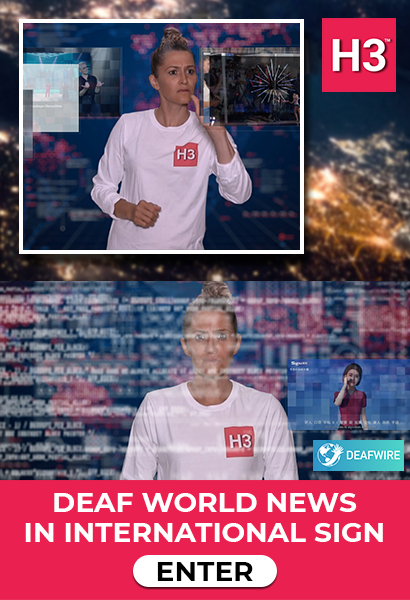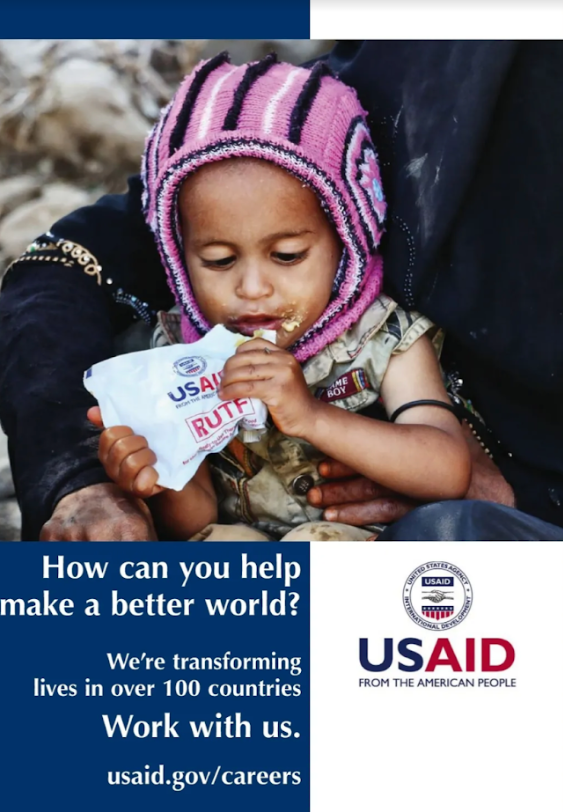Weekly DEAFWIRE news recaps
Full DEAFWIRE videos can be seen
After the United Kingdom’s newest Prime Minister, Sir Keir Starmer, gave his first speech as the leader of the country, he immediately faced criticism from the hearing charity RNID for not including a British Sign Language (BSL) interpreter. The charity explained that this exclusion sent a negative message to the UK's Deaf community, despite previous government pledges to provide BSL interpreters for announcements starting from Spring 2024. Although a BSL interpreter was present on the BBC News channel’s coverage, the absence of an interpreter was noticed during Starmer's speech outside 10 Downing Street. Advocacy manager at RNID, Michael Quinlan, expressed disappointment and explained that the lack of an BSL interpreter excluded thousands of Deaf people from this historic moment.
DEAFDIGEST JOBS CENTER
Looking for a job? See Jobs Center for job openings.
* Regional Reporter: Oceania (international)
* DeafGPS Researcher & Program Host (international)
* Senior Writer, Associate Producer (Canada)
DEAFDIGEST JOBS CENTER –
http://deafdigest.net/jobs-center/
The Special Secondary School for the Deaf in Anambra, Nigeria, recently received a gift from the Godwin and Patricia Okeke Foundation (GPOF). The donation consisted of a brand new 150-capacity dormitory and a 200-capacity classroom block. The Okekes donated these new facilities to ensure that the Deaf students continue to have access to quality education in an inclusive environment. The donation, which was also part of the celebrations for Sir Okeke's 75th birthday and his wife’s 70th birthday, aims to provide people with disabilities a sense of belonging and an opportunity to learn. The newly constructed facilities were handed over to the school management with a mission to encourage other people with wealth to invest in the welfare of the less privileged and people with disabilities.
Tina Lannin from Northern Ireland became profoundly Deaf at a young age and utilized her lip-reading skills to develop 121 Captions, a global company that serves high-profile clients such as Walt Disney, Sky News, and Google. Lannin says that she did not learn sign language growing up, but instead navigated the challenges of communication through lip-reading and writing. Despite these challenges, she studied business at Ulster University and later studied law in London, but her lack of understanding of Deafness in the legal field made it difficult for her to reach her career goals. Then when she worked as a finance manager for a Deaf charity and trained as a lip-reading teacher, Lannin's career started to become very successful. She became a forensic lip-reader and interpreted silent conversations for courts, police, and media. This role honed her skills and understanding of the critical need for accurate communication, leading to the creation of 121 Captions. Her company now provides real-time human captioning services to ensure everyone, regardless of hearing ability, can engage fully in conversations, meetings, and events.
Liy Goh interview Hiroshi Tamon regarding his roe with UNCRPD. I was born and grew up Deaf. I attended university at Tokyo University. I became a lawyer that could sign at age 21. In Japan, there are approximately 12 Deaf lawyers. I was the fourth Deaf lawyer. The first three can also speak. I was the first Deaf lawyer that cannot speak. Japan has many bad laws. In 2006, the UNCRPD was set up. I was excited for this. Luckily, Japan joined it. I worked hard to encourage the government of Japan to join it. The bad laws in Japan - many of them have been rectified or removed to be able to sign into the UNCRPD in 2014. The world has not yet respected disabled people. Disabled people are still oppressed today. There are many disability advocate organizations that have worked hard to stop the oppression of disabled people, but unfortunately, this is still happening around the world. The UNCRPD is good - in the past many disabled people were oppressed. Since the establishment of the UNCRPD, this has slowly reduced. Countries have asked UNCRPD for advice about this - how to reduce oppression and discrimination of disabled people - which is good!





